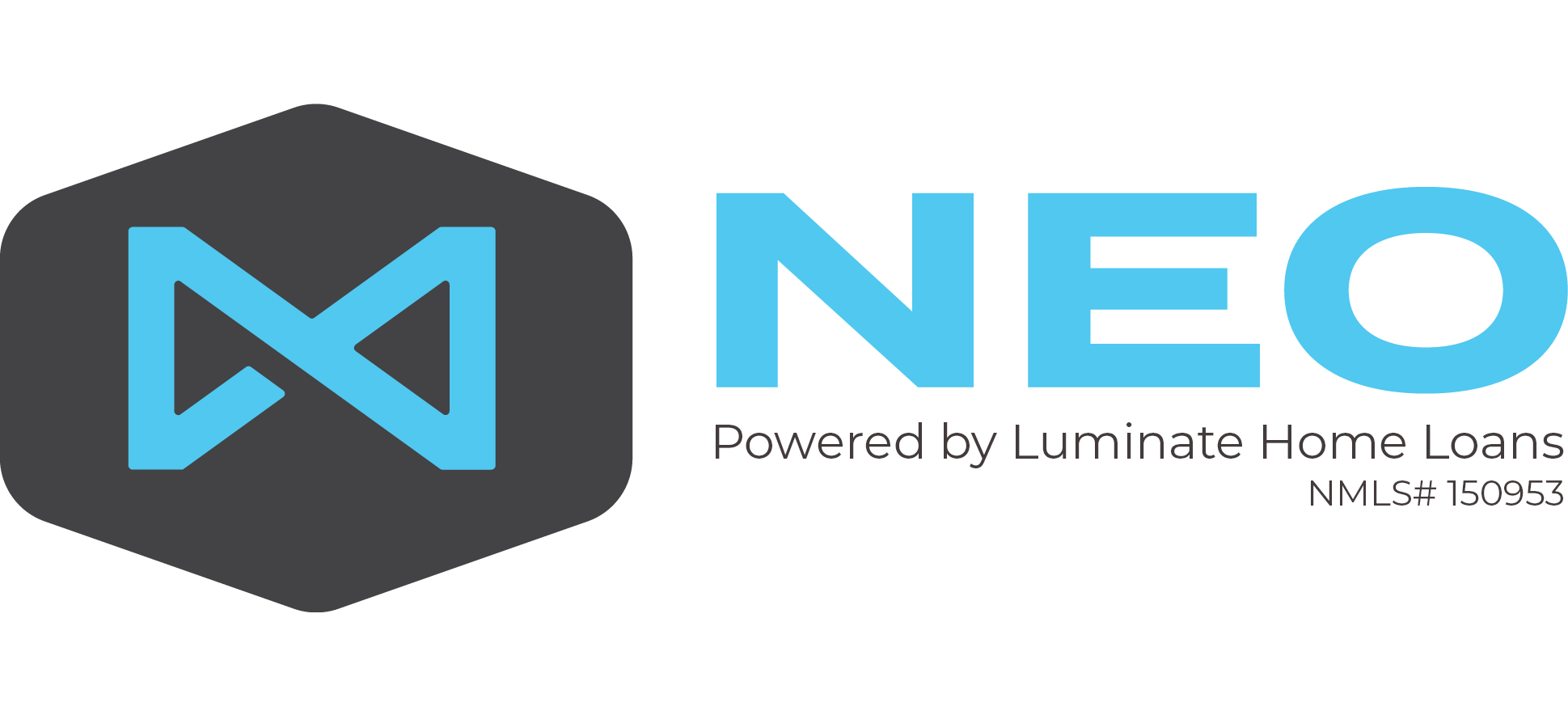Going through the mortgage and home buying process can be stressful. Part of that stress is the unknown. Not knowing what to expect. Not knowing the terms being used. Today I am going to share with you the 12 most important mortgage terms you should know when going through the mortgage process.
My inspiration for today’s post comes from a question on Quora – What should I look for in a mortgage? I found this post to be helpful in understanding some of the main components of a mortgage product but felt that there were a few additional terms that needed to be explained. So here it goes…
Mortgage
Ok, so you probably know what this is in general but sometimes the simplest of terms can be a bit more involved than they may seem at first.
Basically, a mortgage is a debt secured by real property (a house). When you obtain a mortgage you are agreeing to repay the debt and if you do not the bank has the right to foreclose and take the property back in an attempt to repay the debt they provided.
Conventional
Conventional is a type of mortgage. Conventional mortgages are the most commonly used loan program offering the most flexibility on the terms of the mortgage product itself. Conventional loans are separated into two different categories – conforming and non-conforming. Conforming loans are conventional mortgages that fall under the loan limits set by Federal Housing Finance Authority (FHFA). Non-Conforming loans are conventional mortgages that are above those loan limits and are commonly referred to as Jumbo mortgages.
FHA
FHA is an acronym for the Federal Housing Administration, which is part of the Department of Housing and Urban Development (HUD). FHA is the second most common loan program, behind conventional. FHA offers down payments, currently, as low as 3.5% and less restrictive qualifying requirements compared to conventional. FHA has two forms of mortgage insurance required – up-front (may be financed into the mortgage) and monthly.
VA
VA, or Veterans Administration, mortgages are offered to Servicemembers, Veterans, and eligible surviving spouses. VA offers 100% financing (zero down payment) and no monthly mortgage insurance which makes it an incredible mortgage product for those that can qualify. Although VA does not have any monthly mortgage insurance, in some situations, VA does require a one-time fee called a funding fee which can be financed into the mortgage rather than paid at closing.
USDA
The United States Department of Agriculture (USDA) also offers a mortgage financing product. USDA “assists approved lenders in providing low- and moderate-income households the opportunity to own adequate, modest, decent, safe and sanitary dwellings as their primary residence in eligible rural areas.” The USDA mortgage offers 100% financing, similar to VA, but requires monthly mortgage insurance in the form of an “annual fee”, paid each month.
Term
The term of your mortgage is the length of time provided to you to repay the mortgage. The most popular terms are either 30 years of 15 years however most mortgage products offers terms in 5 year increments (30, 25, 20, 15, 10).
Amortize
Amortize is the method of repayment on a mortgage. Amortizing loans are paid on a regular, periodic payment over a set period of time. Mortgages are amortized in a way so that your principal and interest payments remains the same over the entire term yet the amount going to principal vs interest varies. Over time the portion of your combined payments going towards the principal balance of your debt increases. In other words, the longer you have your mortgage the quickr you will be paying down the balance on your mortgage. This is something that should be seriously considered when looking into refinancing your mortgage.
Points
Points, otherwise referred to as discount points, are an up-front cost to buy-down, or reduce, your interest rate. One point is equal to one percent of your mortgage. For example, if you have a mortgage of $100,000 and you are required to pay one point to get the rate you desire, the cost would be 1% of $100,000 or $1,000. Points are not always required, but ins some situations with some lenders points may not be avoided.
Loan-to-Value
Think of loan-to-value (LTV) as the opposite of down payment. 95% LTV means the down payment is 5%. 80% LTV means the down payment is 20%. LTV is one of the major factors in qualifying and determining whether you will be required to pay mortgage insurance. Conventional mortgages with an LTV greater than 80% (or a down payment less than 20%) will require mortgage insurance.
PITI
PITI is an acronym for Principal, Interest, Taxes (property taxes) and Insurance (homeowners insurance and mortgage insurance) . PITI (and HOA) is your total monthly mortgage payment and is what is used when assessing your qualifications. Although PITI is what is used when looking at the total payment for qualifying purposes in some cases you can pay your taxes and insurance (TI) separate from the mortgage is you choose to “waive your escrows”. HOA will always be paid separate from the mortgage payment but is considered in the total housing payment when qualifying.
Debt-to-Income
Debt-to-Income (DTI) is one of the two ratios used by mortgage lenders when assessing your ability to qualify and determining how much of a monthly mortgage payment you can afford. Your debt-to-income ratio is calculated by dividing your total gross income by all of your existing debts and new housing payment ([Debts + PITI + HOA]/Gross Income).
Mortgage Insurance
Mentioned above in the explanation of loan-to-value or LTV, mortgage insurance is an insurance policy to protect the lender in the case you default on the mortgage. Mortgage insurance, at first glance, may seem like a negative but it allows for mortgage products with higher LTVs (or lower down payments). Without mortgage insurance lenders would be less willing to lend with such low down payments making it more difficult for all of us to buy a home. The amount of mortgage insurance varies based on loan product, credit score, loan-to-value and term.
Now you understand all the crazy acronyms in the mortgage business including FHA, VA, USDA, LTV, PITI, DTI, MI. Don’t you feel smarter already?





